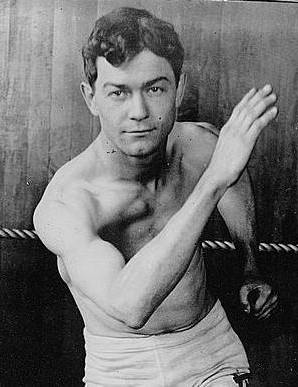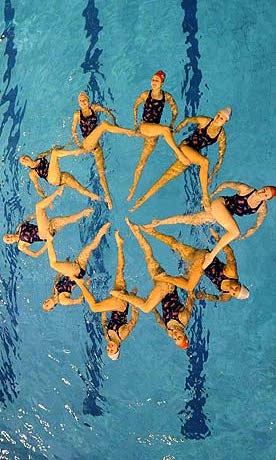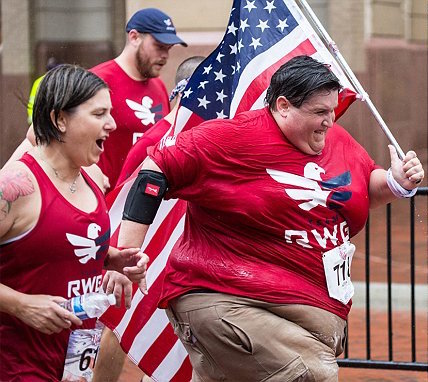New Olympic Events
As excitement builds in the run-up to the Rio Olympics competitors are preparing for a series of first time events that will represent the diversity of humankind.
The diversity trend for the Olympics started in the sport of Boxing. Since its first appearance in the 1904 Olympics hosted by St. Louis, Missouri, the boxing competition has supported people of disability with its set of weight allowances. In 1904, 7 competitions were held from Flyweight (under 105lb) through to Heavyweight (over 158lb).
Boxing historian Dr. Ralph Pugilist has written several books on the sport of boxing with a particular focus on its important role in the Olympics. “The boxing community was sensitive the disabled community, particularly short and lightweight men. The handicapping system is very close to the modern disabled Olympics system with separate events by weight.”

An early beneficiary was American Oliver Kirk (shown top-right). He was the first and only disabled athlete to win both bantamweight and featherweight in a single Summer Olympics. Without the weighting system he would never have been able to compete against the taller, stronger boxes with longer reach.

In the years since other sports have steadily introduced competitions for the handicapped. Weight-lifting has long had different weight grades allowing smaller, weaker men and women to compete.
Combat sports including wrestling, karate, taekwondo and judo have been the most progressive of sports with the inclusion of numerous weight grades.
Role forward to 2016 and numerous other sports are beginning to catch up. The often controversial sport of Synchronised Swimming is launching 5 weight grades in Rio. Super-heavyweight synchronised swimming is highly anticipated with the athletes expected to introduce never-seen-before skills.
Basketball is also launching height grades starting with the popular grade of Under 6 foot — disparagingly called “basketball for short guys” by some. Says Bob Denique, spokesman for the International Basketball Association, “Shorter athletes have long been disadvantaged in basketball. We’re proud to be giving shorter men and women the opportunity to shine at the Olympics. We hope this innovation will catch on at every level of the sport from Juniors to Professionals.”

The most eagerly anticipated event is the Super-heavyweight Marathon which will be the new climax to the games. Skeptics have labelled the event a disgrace to elite sports and nicknamed it the “fatathon”.
However, Honorary President of the International Olympics Committee, Jacques Rogge, fiercely defends the event. “We recognise that the world is changing. Fewer people have the ideal physique expected of Olympians. The world is growing fatter and it’s important that they feel represented in the greatest sporting event on the planet.” ∫∞
